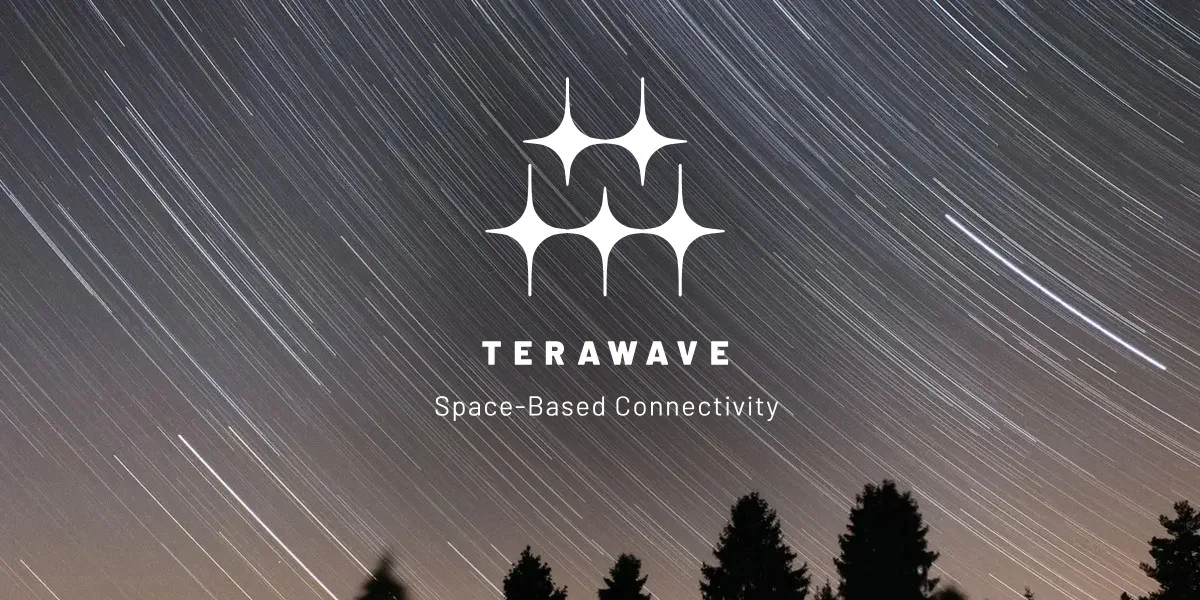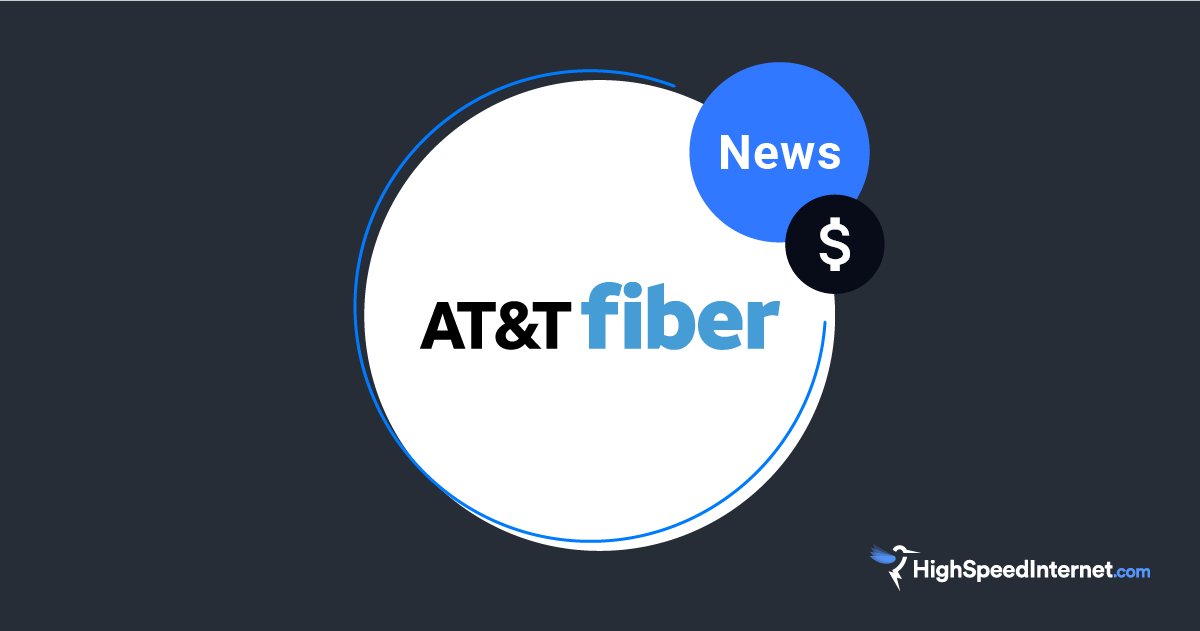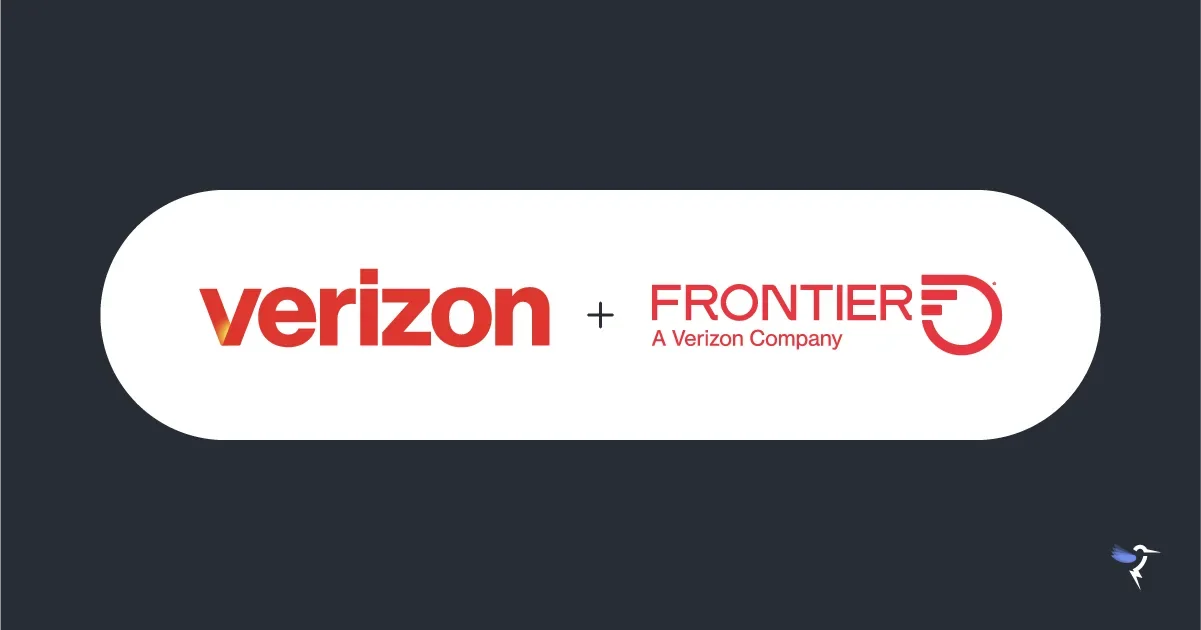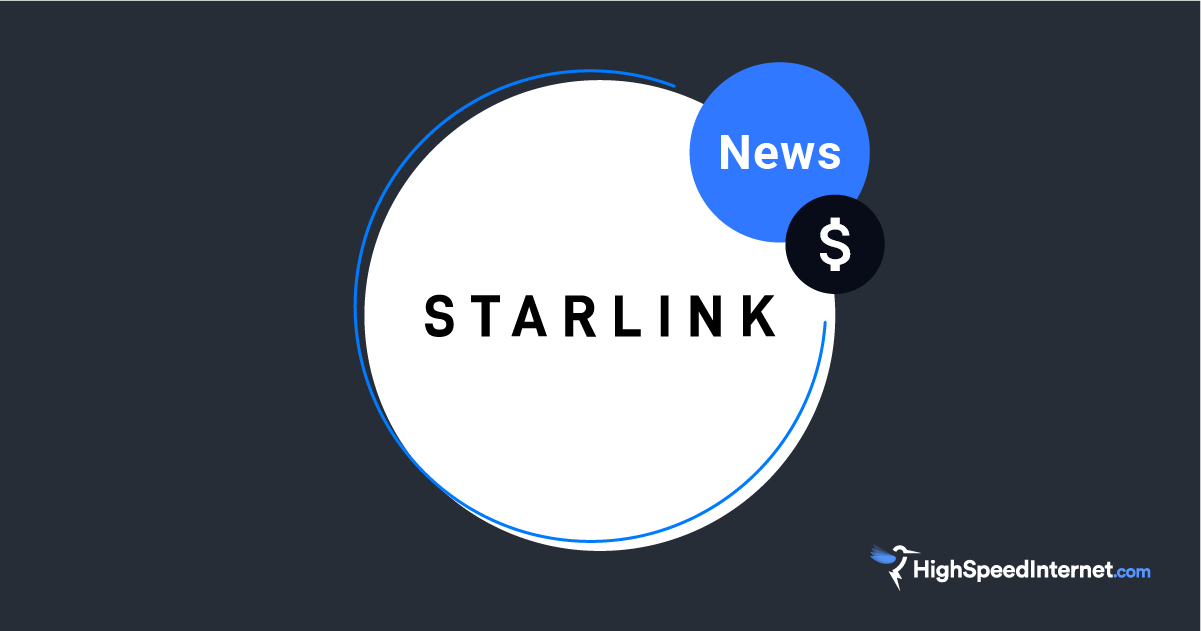TikTok Hangs on in the US
The Trump administration delayed the law’s enforcement yet again
Apr 9, 2025 | Share
News
The federal TikTok ban, which was pushed back until April 5, has now been delayed another 75 days. This is good news for TikTok users in the states. However, the ruling comes with a lot of uncertainty and troubling questions, so the decision is far from a clear victory.
Working toward a deal
President Biden signed the TikTok ban into law back in April 2024 as one of the many bills tacked onto the Ukraine aid bill. After many tearful goodbyes in the TikTok community, the app went dark in the U.S. on Jan. 19, only to return hours later as President Trump announced a 75-day extension.
Congress added a provision that would allow a one-time extension if the app had a credible buyer, but TikTok did not meet that requirement when the bill was to go into effect. Unable to invoke that provision, President Biden instead chose not to enforce the law for the last 36 hours of his presidency (making the app’s brief downtime purely a performative act).
After taking office, President Trump extended the deadline by 75 days to April 5, despite still not having a buyer. On Friday, he once again extended the deadline by 75 days, pushing the potential U.S. ban to June 19. Some lawmakers are calling this latest move illegal as the Constitution requires the President to enforce the laws Congress passes. Still, it should be noted that both Trump’s previous 75-day extension and Biden’s 36-hour extension were equally unconstitutional.
This time, a deal is reportedly in the works to create a spinoff company to control TikTok’s U.S. operations. The new company would be jointly owned by TikTok’s owner, ByteDance, and U.S. tech companies, along with other investors. Some news outlets report that the deal is nearly finalized. Yet, it’s unclear how Trump’s current tariff war with China will impact these negotiations.
Troubling legal precedent
Despite the legislative shenanigans involved in passing the TikTok ban and its unpopularity among Americans, choosing not to enforce the law sets a dangerous precedent. This decision comes amid a slew of other clashes between the Trump Administration and the American judiciary. The administration has failed to comply with numerous court orders, undermining the rule of law in the U.S.
The administration’s failure to enforce the TikTok ban has received far less attention. But the government’s and the public’s willingness to overlook this breach of the Constitution is also cause for concern.
The lack of urgency also seems to contradict the arguments for the ban in the first place. Congress passed the bill with claims of national security concerns. Similar worries underpinned the Supreme Court’s dubious legal reasoning for upholding the ban. Moreover, at the Munich Security Conference in February, Mike Gallagher, a former U.S. congressman and current Palantir executive, claimed that the primary motivation for passing the bill was not national security concerns but to censor pro-Palestinian content on the app. This echoes a similar comment made by Senator Mitt Romney last year.
TikTok users are stuck between a law that infringes on their First Amendment rights and a reprieve that ignores the rule of law.
More uncertainty to come
Although TikTok users are relieved to be able to continue using the app, the uncertainty around TikTok’s future has changed the mood on the app. We didn’t see the same emotional farewells in the lead-up to April 5 that we did in January. Most large TikTok creators are now hedging their bets by moving the bulk of their efforts to other platforms like YouTube or Substack.
We still don’t know what the ultimate fate of TikTok will be, but it won’t be the same place it was a year ago.
Author - Peter Christiansen
Peter Christiansen writes about telecom policy, communications infrastructure, satellite internet, and rural connectivity for HighSpeedInternet.com. Peter holds a PhD in communication from the University of Utah and has been working in tech for over 15 years as a computer programmer, game developer, filmmaker, and writer. His writing has been praised by outlets like Wired, Digital Humanities Now, and the New Statesman.
Editor - Jessica Brooksby
Jessica loves bringing her passion for the written word and her love of tech into one space at HighSpeedInternet.com. She works with the team’s writers to revise strong, user-focused content so every reader can find the tech that works for them. Jessica has a bachelor’s degree in English from Utah Valley University and seven years of creative and editorial experience. Outside of work, she spends her time gaming, reading, painting, and buying an excessive amount of Legend of Zelda merchandise.



